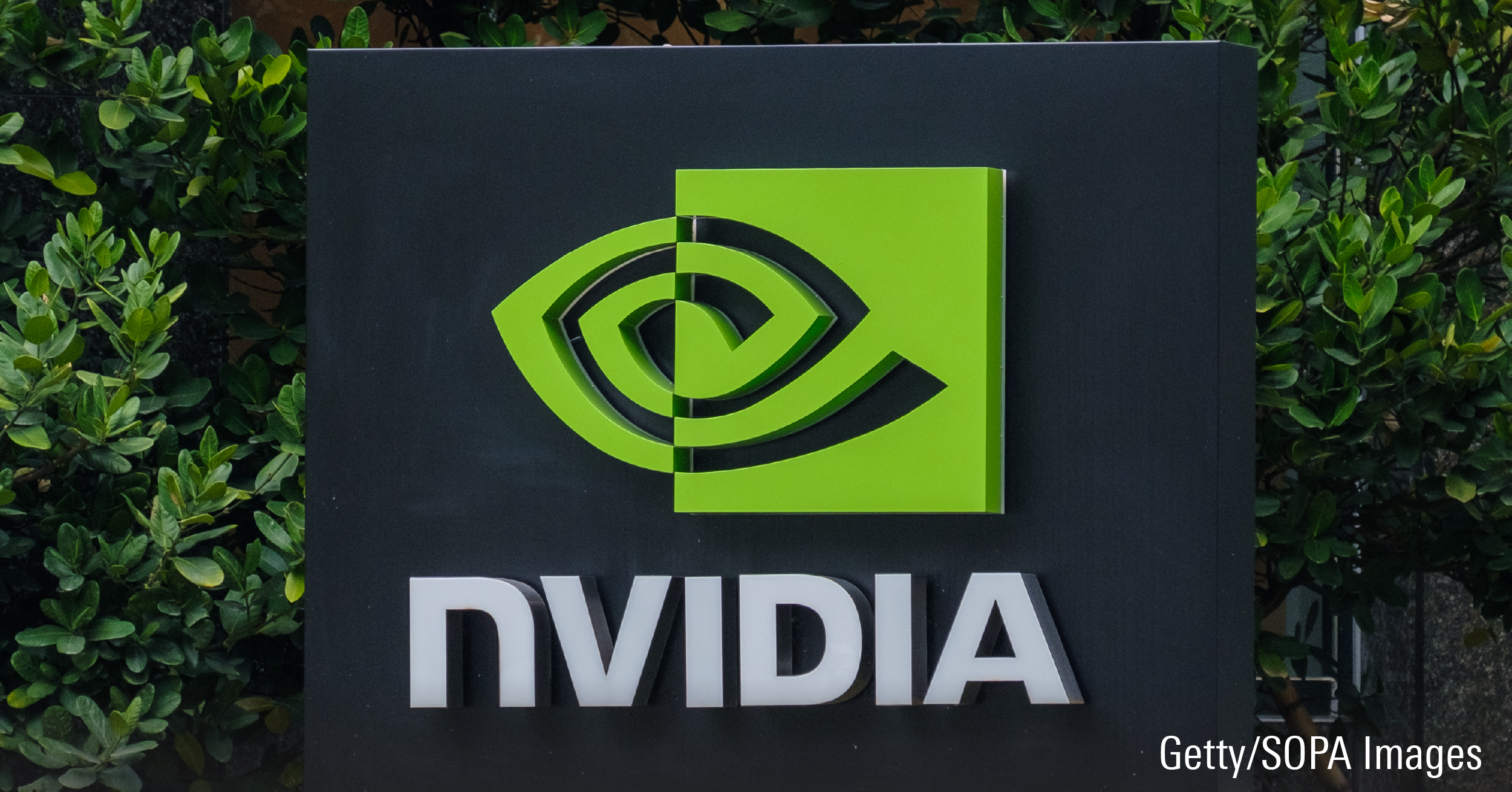Christine Benz: I'm Christine Benz for Morningstar.com. Third Avenue rattled some investors in early December when it announced that it would be liquidating its Focused Credit Fund. Joining me to discuss some of the takeaways for all investors is Russ Kinnel, director of fund research for Morningstar.
Russ, thank you so much for being here.
Russ Kinnel: Good to be here.
Benz: Russ, let's talk about what was in that Third Avenue portfolio. Are the sort of illiquid assets that populated that portfolio perhaps a mismatch with a fund that gives investors daily access to their cash?
Kinnel: It was a fund that invested, as the name implies, in a fairly concentrated portfolio of distressed debt. "Distressed" is generally a level lower than most junk bonds go into. These are names that are having trouble or people are worried will have trouble making their payments, and in this case that meant a lot of energy. As you know, oil prices have plummeted. So, they have gotten even worse.
What happened was the fund had redemptions that forced it to sell, and eventually it had to try and sell some of that distressed debt. But no one wanted to buy it, so they realized they had to liquidate the fund, but they could only do that very slowly--they said over a period of a year, or maybe even more. That way they will be able to get a decent price for the bonds.
As you say, the central issue here is that some securities are not that liquid, and therefore are maybe not a good fit for a mutual fund, because mutual funds have to offer daily liquidity. And typically mutual funds go to great lengths to manage that liquidity. They think about different tiers of meeting redemptions. Obviously they will have cash or have other things. There is a reason that not many funds have gone where this fund went.
Benz: Is it your view that if a fund is going to own illiquid securities that maybe it should be a closed-end fund or an interval fund that only gives investors their cash back at preset periods of time?
Kinnel: I think those are great formats for managing something like that. Or if you're going to be in less-liquid securities, they limit it to a much smaller portion of the fund. In the equity world there has been a lot of talk about investments in private equity, which also have fairly limited liquidity, and again, I think the smart way to go with that is to keep it at a very small amount of the fund, and have the rest of the fund be very liquid. If you have, say, a large-growth fund, then it would have cash and lots of stocks, the Googles and Apples of the world, which you can trade very easily with very little impact.
Benz: When you look back on fund history, it seems that some of these shocks with illiquid securities have mainly occurred in the realm of bond funds. Why is that?
Kinnel: The other cases we've seen were muni funds that had to do this gating where they liquidated, but told investors they would have to wait for a while to get their money back. In the cases of both the munis and this fund, there was a lot of non-rated debt. And when things go badly for non-rated debt, it's very hard to find another buyer, because no one else is doing the research; you really have to do a lot of legwork. Some of these securities may have a fairly small issue, and in the case of some of these munis, it might be one city's sewer bonds that had $10 million. As you could imagine, it doesn't really pay to do that kind of research. It's very hard to sell those when things turn against them. I think that's the one common theme here: If you go into these non-rated, smaller issues, when things go against you, it can be very hard to sell.
Bonds, in general, are often less liquid. Treasury bonds not so much, or some other higher-quality bonds. But bonds in general don't trade as much, and historically we've seen that when trouble hits, liquidity can dry up. We haven't seen that in equities. In 2008, equity funds were able to sell their equities very easily. Obviously, you're selling at losses if you were redeeming in '08, but still equities rarely have liquidity issues.
Benz: How about for holders of the other Third Avenue funds? Third Avenue Value, for example, is still a pretty widely held fund. Should they be concerned about some of the broader turmoil associated with this particular product?
Kinnel: I think there are a couple of issues. The good news is that there is no holdings overlap with the other Third Avenue funds. So, you don't have to worry that these distressed bonds were in other Third Avenue funds; they were not. That's the good news.
The broader issue is that, obviously, there is a lot of turmoil. The CEO was removed. There are clearly some issues there. We have lowered our Parent rating to Negative on the firm. Clearly, we're less positive. We do think there are some issues, but I don't think these are the sort of issues that mean you've got to get out right now. We're reviewing our ratings on the individual funds as well. We'll be updating them shortly. So, I think short-term there isn't a need to rush out. But clearly the parent is under stress, and we don't know exactly where the parent will be a year or two from now.
Benz: For high-yield investors more generally, I know there has been some volatility in the near term. If I'm thinking about my high-yield holdings, reviewing where I stand with them, are there any implications for me as an investor? Any things I should be thinking about if I am, maybe on a forward-looking basis, purchasing a high-yield fund?
Kinnel: I think this Third Avenue issue has definitely given the market some jitters. We've seen increased redemptions. We've seen an increased sell-off in high-yield. But the typical high-yield fund is only down about 4%-5% this year. It's not a dramatic sell-off.
But I do think the underpinning of falling oil prices is a big deal for high yield, because high-yield does have a lot of energy issues. I think it's about 10% of the index. If you're an investor, you have to recognize both the risks and the potential rewards have increased, because yields are going up as a reflection of this, and that means potentially a good opportunity. But obviously if the sell-off continues, if oil falls even more, you could be in for some short-term pain. So, you're going to see some people getting out, and you're going to see some people getting in because they think it's a bargain. We're already hearing that some institutions maybe are going to start nibbling at high yield at these higher yields.
Benz: Were there red flags for Third Avenue investors? Was the yield much higher than other peer funds in that high-yield category?
Kinnel: The yield was higher. It was a focused portfolio, and they said clearly that they were buying a fair amount distressed debt. When you see a high level of non-rated securities, that's definitely another thing to be worried about. [The fund had] a high sector concentration; they had a fair amount in energy. There were some red flags. That's not to say that I or anyone else was predicting this fund is going to have to gate people and liquidate the way it did. But clearly, there were signs, and I think heightened redemptions is another thing to look for. But again, most high-yield funds are designed pretty well to manage a fair amount of redemptions.
Benz: It's big story in the fund world. Russ, thank you so much for being here to provide some context.
Kinnel: You're welcome.
Benz: Thanks for watching. I'm Christine Benz for Morningstar.com.
















